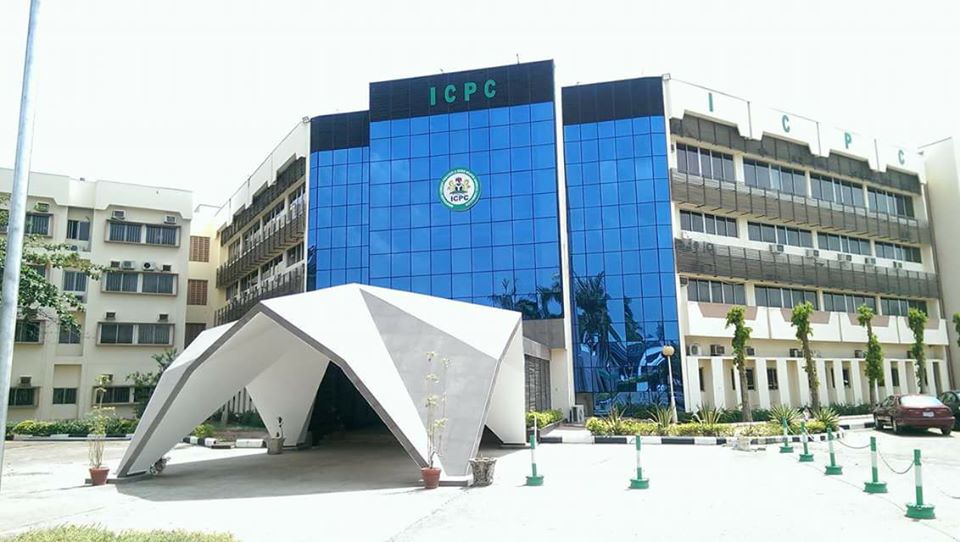Following the success recorded in the first phase of the constituency and executive projects tracking exercise conducted in 12 states of the federation in 2019, the Independent Corrupt Practices and Other Related Offences Commission (ICPC) is set to begin the implementation of the second phase.
The exercise, which is scheduled to commence tomorrow, Tuesday 23rd June, 2020 in 16 states, namely: Cross River, Taraba, Ekiti, Ogun, Gombe, Nasarawa, Kebbi, Kwara, Jigawa, Abia, Delta, Ebonyi, Niger, Rivers, Oyo, and Kaduna, will focus on the following sectors: Health, Education, Water Resources, Agriculture, and Power.
Some of the objectives of the tracking exercise are: to investigate fraudulent procurement practices in the award of contracts for constituency and executive projects; make recoveries on projects or contracts confirmed to have been inflated or in which contractors under-performed or did not perform at all; and track contracting companies for all statutory compliance.
The Commission in 2019 launched the pilot phase of the exercise in which it tracked projects performance from 2015 to 2019 in 12 states. Successes of the exercise included the recoveries of tractors, ambulances, dialysis machines and other hospital equipment from sponsors of the projects across the pilot states.
The successes also included the recovery of huge sums of money, hundreds of tricycles, grinding machines and other empowerment items from the project sponsors.
Furthermore, the exercise forced contractors who hitherto had abandoned projects to return to site to complete them.
ICPC is again set to take the exercise to states not covered in the pilot phase with the aim of ensuring that government gets value in the execution of public projects, and improved delivery of social welfare services to the citizens. Just as the first phase, the project tracking will be done in collaboration with the Nigerian Institute of Quantity Surveyors (NIQS), Civil Society Organisations (CSOs), Media, Office of the Accountant-General of the Federation, Bureau of Public Procurement (BPP) and other stakeholders.


